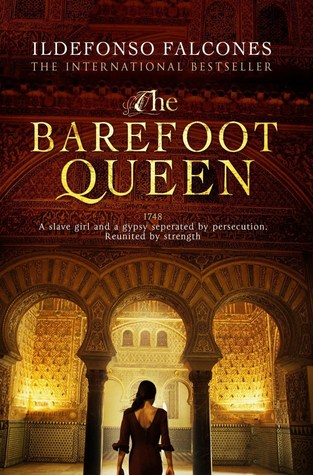Benali, Abdelkader "Wedding by the Sea" (Dutch: Bruiloft aan zee) - 1996
A weird book. I chose it because it's written by a Dutch author with Moroccan origin and I thought it might be interesting. He received the Best Literary Debut Prize in the Netherlands for this and was shortlisted for the Libris Literatuur Prijs which is like the Booker Prize.
Anyway, the story itself is interesting but the author swerves from one topic to another without any lines that you can follow. I thought it might be more a story of Moroccans in the Netherlands rather than what it was, someone growing up in the Netherlands seeing life in Morocco from the outside. Again, not a bad subject but the author didn't manage to capture me. A confusing story with an even more confusing end.
From the back cover:
"Twenty-year-old Lamarat Minar returns home from Holland to a deserted seaside village in Morocco for his sister Rebekka's wedding. During the festivities, he discovers that the groom has made his escape - to the local brothel, 'Lolita'.
Lamarat is given the task of retrieving Mosa, the reluctant husband-to-be, and returning him to his waiting bride. With the help of know-all taxi driver Chalid, and after many U-turns, detours and hairpin bends, Lamarat finds Mosa, and drags hm back to the village by the sea where Rebekka is waiting to administer a sweet and gruesome revenge …"
A weird book. I chose it because it's written by a Dutch author with Moroccan origin and I thought it might be interesting. He received the Best Literary Debut Prize in the Netherlands for this and was shortlisted for the Libris Literatuur Prijs which is like the Booker Prize.
Anyway, the story itself is interesting but the author swerves from one topic to another without any lines that you can follow. I thought it might be more a story of Moroccans in the Netherlands rather than what it was, someone growing up in the Netherlands seeing life in Morocco from the outside. Again, not a bad subject but the author didn't manage to capture me. A confusing story with an even more confusing end.
From the back cover:
"Twenty-year-old Lamarat Minar returns home from Holland to a deserted seaside village in Morocco for his sister Rebekka's wedding. During the festivities, he discovers that the groom has made his escape - to the local brothel, 'Lolita'.
Lamarat is given the task of retrieving Mosa, the reluctant husband-to-be, and returning him to his waiting bride. With the help of know-all taxi driver Chalid, and after many U-turns, detours and hairpin bends, Lamarat finds Mosa, and drags hm back to the village by the sea where Rebekka is waiting to administer a sweet and gruesome revenge …"











